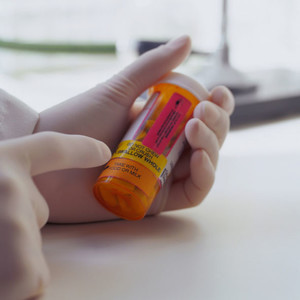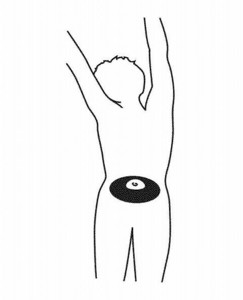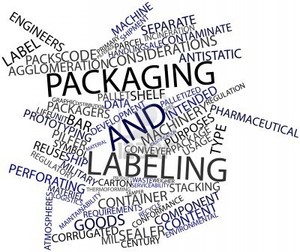A survey of the perception and attitude of South Korean physicians towards generics has shown that not much has changed despite the introduction of a new pharmaceutical policy in 2012 [1].
Researchers from South Korea’s Pharmaceutical Benefits, Management Division, Health Insurance Review & Assessment Service investigated if there was any change in attitude towards generics in 2013 compared to a previous survey carried out in 2011.
In April 2012, the South Korean Government implemented a new policy to try and make its multiple sourced (off-patent) market more competitive. Their objective was to lower the price of generics through increased competition. The government also aimed to reduce the costs for both patients [who have typically a 30% co-payment in ambulatory care (20% in hospitals)] and the National Health Insurance. The core of the policy was to establish the same maximum reimbursement price, i.e. the same ceiling price, for both the originator (brand-name) and the generic drug [2].
Mikyung Ryu and Juyoung Kim identified 907 physicians from the Health Insurance Review Agency (HIRA) database and carried out an online survey. For the first survey, which was carried out between 7 and 22 June 2011, 361 doctors responded. For the second survey, which was carried out between 26 August and 2 October 2013, 296 doctors responded.
The 2011 survey was carried out before the introduction of a new pharmaceutical policy in South Korea, which mandated that off-patent brand-name drugs (originator drugs) and generics must be priced the same. In the 2011 survey, 82.0% of doctors knew about the bioequivalent (BE) guideline, whereas only 25.7% trusted BE testing results. More than half (53.2%) preferred originator drugs to generics, saying that there was a difference in safety and effectiveness.
Only 17.5% of doctors in the 2011 survey stated that generics were therapeutically equivalent to the originator. Reasons for the lack of confidence in generics were physicians’ clinical experience (32%) and lack of confidence in the BE results (26%). In addition, 64% pointed out that generics in South Korea are more expensive than in other counties.
In the 2013 survey, 71% of doctors said that they preferred originator drugs to generics because of believed difference in drug safety and effectiveness. Only 15.3% believed that there was no difference in the safety and effectiveness between generics and originator drugs. In addition, after the introduction of the new pricing policy, 36% stated that they did not change their prescribing patterns, whereas 30% stated that they began prescribing generics.
Astonishingly, almost all respondents in 2013 (93.6%) believed that there was a difference in the safety and effectiveness between two generics and only 6.4% of the respondents agreed that generics were therapeutically equivalent to each other.
The authors concluded that ‘the majority of the physicians who participated in this survey indicated negative perception and low preference for generic drugs’. This they believe ‘could have resulted in limited use of generic drugs in Korea’. The authors add that ‘in order to encourage the use of generic drugs and restore confidence in the quality and safety of generic drugs, it is necessary to provide accurate information about generic drugs regulatory authorized approval systems, especially with regard to BE test and results. In addition, it is important to strengthen promotional campaigns about generic drugs polices.’
Conflict of interest
The authors of the research paper [1] declared that there was no conflict of interest.
Related article
South Korean pharma market to reach US$20 billion by 2020
References
1. Ryu M, Kim J. Perception and attitude of Korean physicians towards generic drugs. BMC Health Serv Res 2017;17(1):610.
2. GaBI Online - Generics and Biosimilars Initiative. Impact of South Korea’s new drug–pricing policy on market competition [www.gabionline.net]. Mol, Belgium: Pro Pharma Communications International; [cited 2017 Nov 24]. Available from: www.gabionline.net/Generics/Research/Impact-of-South-Korea-s-new-drug-pricing-policy-on-market-competition
Permission granted to reproduce for personal and non-commercial use only. All other reproduction, copy or reprinting of all or part of any ‘Content’ found on this website is strictly prohibited without the prior consent of the publisher. Contact the publisher to obtain permission before redistributing.
Copyright – Unless otherwise stated all contents of this website are © 2017 Pro Pharma Communications International. All Rights Reserved.








 0
0











Post your comment